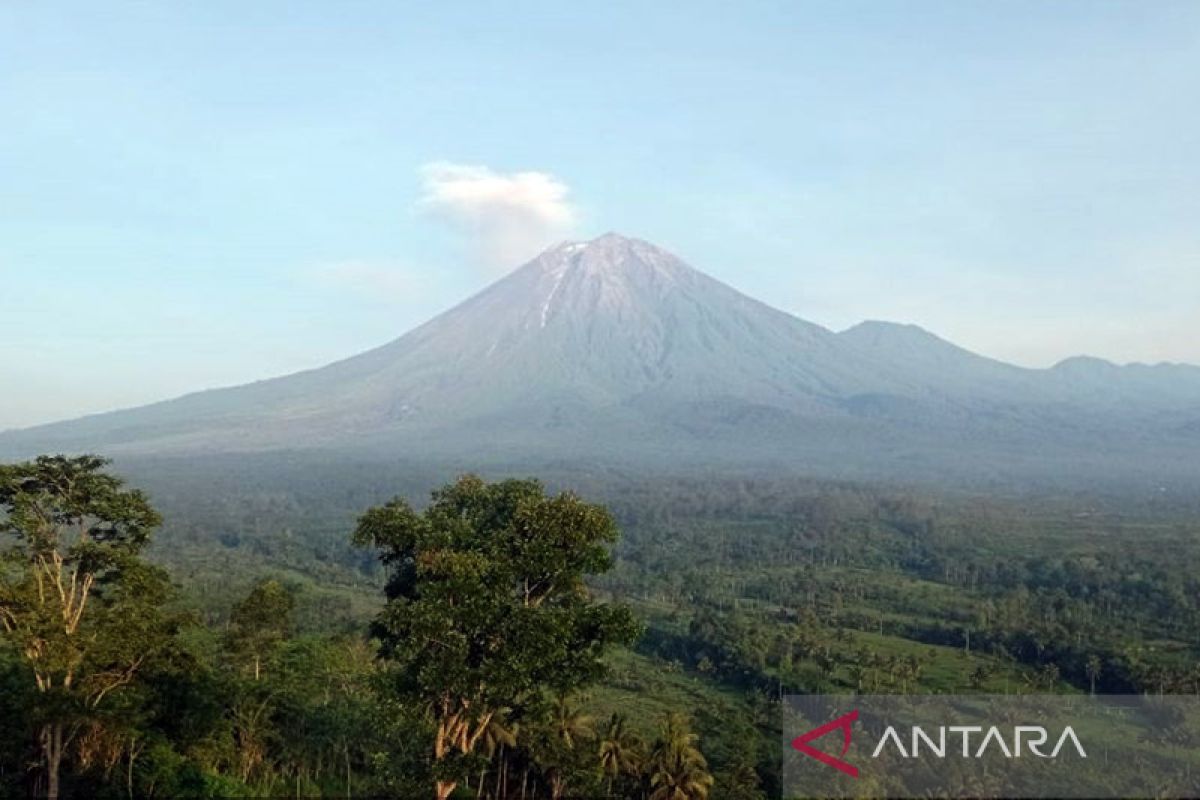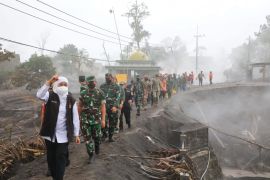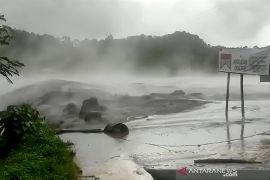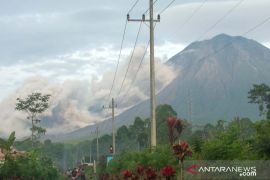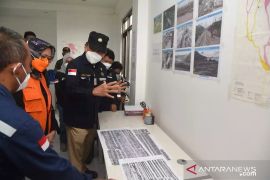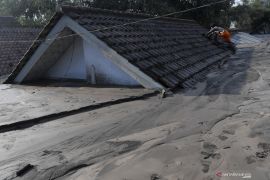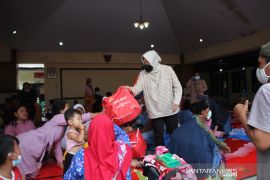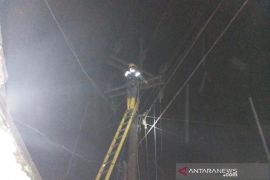Lumajang, East Java (ANTARA) - Semeru Volcano Observation Post officer, Yadi Yuliandi, reported that based on seismic observation on Saturday at 00:00-06:00 local times, Mount Semeru experienced 21 eruption earthquakes, with 17-22 mm amplitudes and earthquake duration of 75-155 seconds.
"The seismograph also recorded one harmonic (earthquake), with an amplitude of 155 mm and an earthquake lasting 215 seconds," Yuliandi remarked at the Semeru Volcano Observation Post on Mount Sawur, Lumajang District, East Java, Saturday.
In addition, one deep volcanic earthquake, with an amplitude of 24 mm, and two distant tectonic earthquakes, with an amplitude of 10-14 mm, were recorded.
For visual observations, Mount Semeru is clearly visible, while the smoke from the crater is not observed. The weather is clear to cloudy, and the wind is weak and blowing to the south and southwest directions, he stated.
Mount Semeru's status is still at level III, or Standby. Yuliandi reminded people to comply with all recommendations set by the Center for Volcanology and Geological Hazard Mitigation (PVMBG).
He emphasized that the community is prohibited from conducting activities in the southeastern sector along Besuk Kobokan River as far as 13 kilometers from the peak, or the eruption center.
Related news: People should adhere to disaster-prone area map: PVMBG
Beyond this distance, the community is also not allowed to conduct activities at a distance of 500 meters from the riverbank along Besuk Kobokan River since it has the potential to be affected by the expansion of hot clouds and lava flows up to a distance of 17 kilometers from the summit, he stated.
"People on the slopes of Semeru are also advised to not move within a radius of five kilometers from the crater or top of Mount Semeru because they are prone to the danger of stones thrown out of the crater," he noted.
In addition, the public is advised to be aware of the potential for hot clouds and lava avalanches and stay away from rivers and valleys originating from the top of Mount Semeru.
"(This is) especially along Besuk Kobokan River, Besuk Bang River, Besuk Kembar River, and Besuk Sat River. The public must also anticipate the potential for lava in small rivers that are tributaries of Besuk Kobokan," he added.
Related news: Frozen dew phenomenon at Mount Semeru draws tourists


